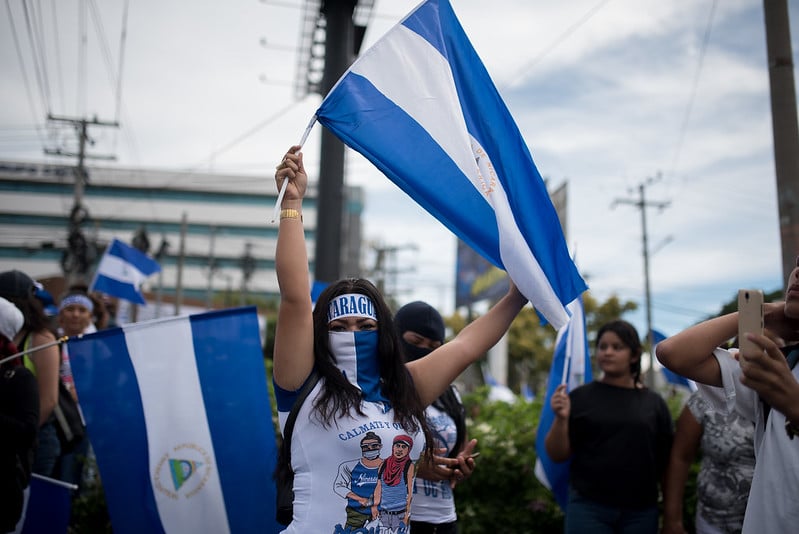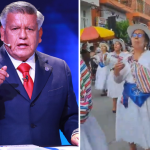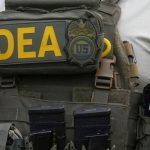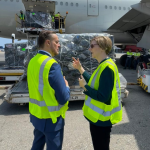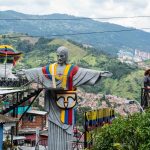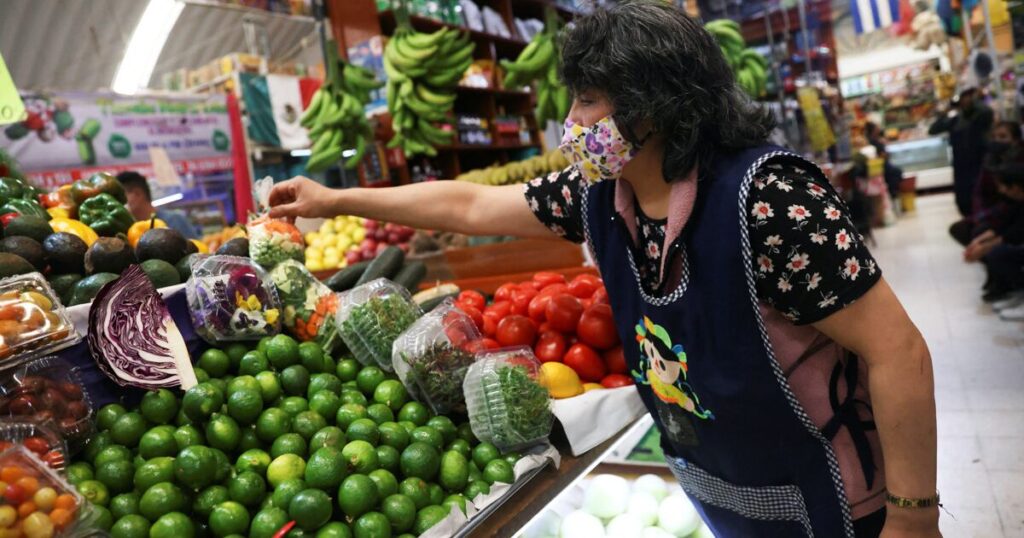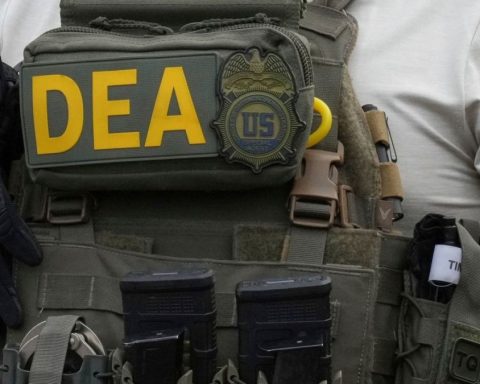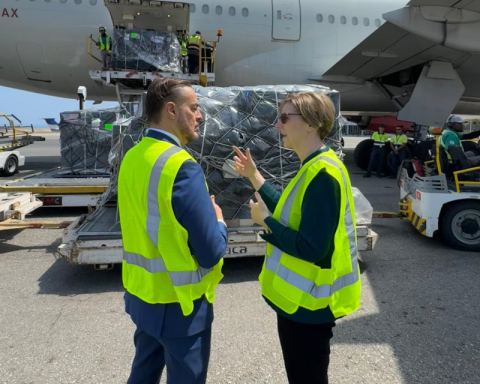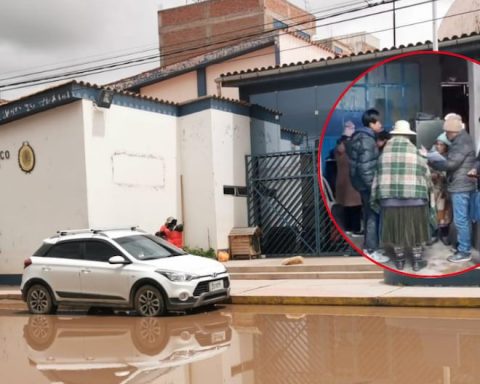The Argentine political scientist, Rubén Perina, former official of the Organization of American States (OAS) in the promotion of democracy for more than two decades, considers that in the face of the impasse of the regional organization due to the lack of 24 votes to apply the Democratic Charter to the regime of Daniel Ortega, the Nicaraguan opposition should lobby directly with the governments.
“The Nicaraguan political opposition should also focus on the foreign ministries,” which provide the votes in the OAS, he explained in an interview with This week and CONFIDENTIAL the expert, former professor at Georgetown and George Washington universities. And he added: “If there were greater unity, greater resistance, including an internal uprising, the international community would be much more willing to support the opposition in different ways.”
Twenty-five OAS countries approved a resolution on December 8 on the illegitimacy of the Nicaraguan elections, calling for new elections, but the report presented on Wednesday by the OAS Secretary General limits itself to confirming that Ortega does not respond to no diplomatic move. Why can’t the OAS implement its own resolutions?
The OAS is not a monolithic and supranational entity, it is made up of 35 States, and they are the true owners of the organization. So, we have to talk more about the member countries, if there is a majority, then the OAS can act. In this case, from Nicaragua, to call an extraordinary assembly that could consider the expulsion of Nicaragua, 24 votes are needed.
But, the secretary general has not offered an alternative either. What comes next in this impasse? Is there a capitulation of the OAS in the crisis in Nicaragua?
The votes are not there. I have contacts with some of the ambassadors, and they tell me, when the last resolution on Nicaragua was approved, well, we’ve got this far, they don’t know what to do. And I tell him, why not call an extraordinary assembly? But we don’t have the votes, that’s what they tell me.
Ultimately, that same question must also be asked of Nicaragua’s internal opposition, of the internal democratic community. If there were greater unity, greater resistance, including an internal uprising, the international community would be much more willing to support the Nicaraguan opposition in different ways.
In Nicaragua today there is a police state; there are more than 170 political prisoners; there is no freedom of assembly, of mobilization; there is no freedom of the press, no freedom of expression. Can diplomatic pressure be conditioned to the restoration of democratic freedoms? Because Ortega maintains that police state.
It is very difficult to resist or oppose a repressive state like Ortega’s, like the dictatorship. As in Cuba, it is very difficult, look at what has happened lately in Cuba with those who have protested, they are all prisoners, almost a hundred political prisoners as well.
I believe that the Nicaraguan political opposition should also focus on the foreign ministries. Because ultimately they are the countries, they are the chancelleries of the respective members. Because I don’t see a way out for him through the normal courses of the organization. I don’t think that majority exists to call an extraordinary assembly.
Can the countries that are promoting democratic change in Nicaragua work outside the OAS, create a working group, countries from Latin America, the continent and Europe? Could this be an alternative?
Sure. And in fact, already in 2018, a Working Group was created within the OAS, chaired by the now deceased, unfortunately, ambassador of Paraguay, Elisa Ruiz. She led that group, and in 2019 the General Assembly created what it called a high-level diplomatic group, which even tried to negotiate her arrival in Nicaragua in 2019, but Ortega forbade her, and she had to hold meetings with the opposition. from El Salvador; and his report was very forceful, in terms of the violations, the political prisoners, the violations against freedom of the press.
One of the problems that the OAS and the Democratic Charter have is that, in their deliberations on the crisis in a country, they cannot invite the other powers of the State, or the other contenders in the crisis, because they are only represented by the ambassador of the Condition.
So, with this Working Group, the possibility of convening other members of Nicaraguan society to establish a dialogue, good offices, and negotiations was opened. Unfortunately, when it was clear that they were about to reach an agreement on free, full elections, Ortega decided to dismantle that and not participate. Those are two options that are still up for grabs. But, in any case, this Working Group, which today is led by Canada and Chile, can continue to function.
In the case of Venezuela, for example, the Lima group of Latin American and European countries was created, but the effect that this has had in being able to open a space for democratic dialogue in Venezuela has also been very limited.
Yes, because the two situations are very comparable in terms of the role of the opposition. The opposition in Venezuela is also divided and has not been able to unite its impact to weaken the Government, although now there is a small opening window, in the elections that, surprisingly, accepted that defeat in Barinas.
So there are opportunities, but I would like to see what can be done, what the internal democratic community can do.
This crisis has no way out in the short term. Is there a medium-term strategy, from the international community and the Nicaraguan democratic community, as you mention, the opposition, civil society, the business sector, the Catholic Church itself?
They would also have to have a short and medium term strategy. I believe that ultimately it is to force the regime to have elections, that is the only way out. But also, there are others, which should also be considered, ultimately.
I believe that the secretary general is going to continue; the Working Group, the pressures, the negotiations, will continue, the objective is to call an extraordinary assembly; but the point is that I don’t know how they are going to achieve that, I don’t see a clear path, a route, and I don’t think the democratic friends of the OAS do either; You also have Mexico and Argentina outside of that democratic coalition, of that democratic alliance that was very strong two or three years ago.
That position of Mexico and Argentina, which tends to have a certain complacency with the Ortega dictatorship, do you consider that it is invariable in the medium term? Is there anything I can do to change them?
Well, not in Argentina. I believe that in Argentina until there are new elections in 2024, that will not change. Argentine international politics is very erratic, very disconcerting, for observers in particular and for the opposition itself.
Now there is tension with the Nicaraguan government, particularly because of what happened now, in the election, with the presence of the Iranian (Mohsen Rezai), so that caused a lot of commotion in Argentina, a lot of turbulence.
Can this have any impact? It is now known that the government spokeswoman, Vice President Rosario Murillo, announced three days before January 10 that the Iranian terrorist was one of the guests of honor at Ortega’s self-proclamation, so that the Government of Argentina, the ambassador somehow I should have known that was going to happen.
Yes, I don’t know if it was due to laziness, omission, or commission, but the thing is that it caused a lot of criticism in Argentina itself.
The elected president of Chile, Gabriel Boric, also announced this Friday that his Minister of Foreign Affairs will be Antonia Urrejola, former president of the IACHR. Does that place a clear message in Chilean foreign policy on the issue of human rights, democracy, that could have some impact on the democratic left in Latin America?
Yes. She worked for many years in the Commission, and later she was president, I saw that designation with great enthusiasm, hopeful, in the sense that Chile is also going to become a bastion for the defense of democracy, and it is not going to retract as Argentina has done in that field.
The Summit of the Americas, to be held in July in Los Angeles, chaired by President Joe Biden, what kind of impact can this crisis have on the OAS, in Nicaragua?
That could be a very significant opportunity to debate, the foreign ministers, the presidents, will be able to discuss the issue of Nicaragua, surely it will be a topic of discussion, surely the erosion of democracy, its challenges, will be one of the issues highlights of the Summit. One suggestion would be, to the friendly ambassadors of democratic countries, that they suggest to the Government of the United States, not to invite Nicaragua, to Cuba. Obviously, do not invite Venezuela.
The Nicaraguan democratic community should already be working to pressure the foreign ministries on this issue.
You participated in the gestation process of the Inter-American Democratic Charter, more than two decades ago. What is the balance today? Is it a problem of its constitution or the balance of the governments to execute it?
I read an article from CONFIDENTIAL, that someone said that the Charter is out of date. I do not believe in that, if you want to reform the Charter, a Pandora’s box would open. What happens is that, again, (the application) has to do with the countries.
In Latin America there is no democratic consensus to use the Charter, to defend democracy, there is a fragmentation: there are democratic countries, semi-democratic countries, there are dictatorships, and the dynamics between them does not lead to a consensus to activate the Charter. The Charter was used several times in a preventive manner. In 2005, she was invoked by Bolaños at the OAS, for an attack on her powers in the Nicaraguan Legislative Branch; the same thing happened in 2005, in Ecuador, it was useful preventively, a greater crisis was prevented, or the collapse of democracy, and in 2008, likewise in Bolivia.
When there is a military coup, like in Honduras, for example, in 2009, the countries act immediately. But, when the coup is in slow motion and the government was originally elected, then the countries kind of turn a blind eye, and use the principle of non-intervention as a pretext to say nothing. It’s a really worrying silence.
The Biden Administration announced a year ago a multilateralist and collaborative policy with the governments of Latin America on these issues, how do you see the results?
Many people expected much more, but keep in mind that President Biden’s plate is quite full, with Republicans opposing his policies; With the issue of Russia, Ukraine, Iran, Afghanistan, and in Latin America, there still does not seem to be a crisis that threatens the security and peace of the continent. When there is that, or if the Russians really put military bases in Venezuela and Nicaragua, then I think there will be a much greater focus. However, they are already beginning to worry about Chinese penetration in Latin America, and about the Russians as well. The Summit of the Americas will be a good thermometer of how they see Latin America.
